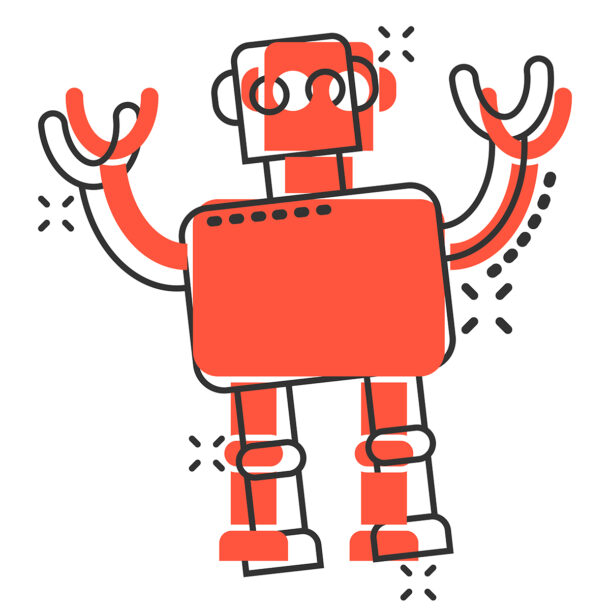Hospitality Chatbots: Transforming Guest Service
Leverage AI to Enhance the Guest Experience and Service Quality

WhatsApp: Your direct connection to your customers.
Forge lasting customer connections: Messenger delivers your message directly, building authentic relationships for sustainable growth.
Seamless Booking Experiences, Increased Occupancy
Allow guests to book rooms, tables, or experiences directly through your website or messaging apps, 24/7, with instant confirmations and personalized recommendations.
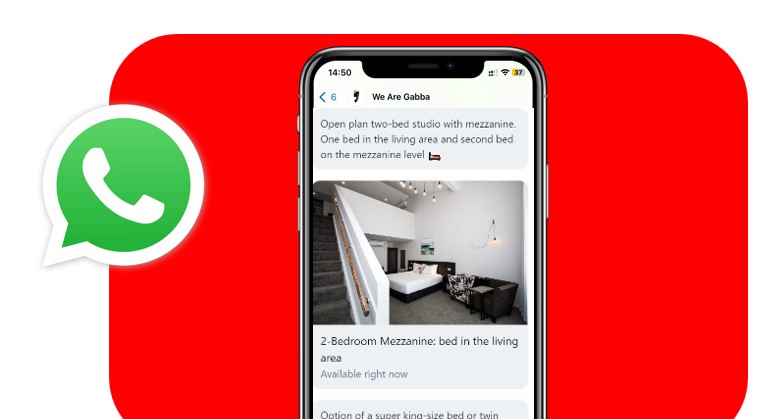
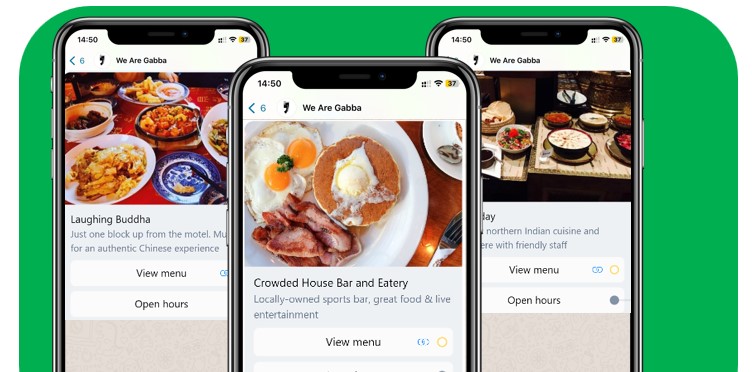
Delight Guests with Personalized Recommendations & Assistance
Provide instant access to local attractions, restaurants, transportation options, and other amenities, creating a memorable and tailored experience for every guest.
Enhance Guest Satisfaction with Proactive Issue Resolution
Gather feedback in real-time, address concerns promptly, and offer solutions through a chatbot that’s always available to listen and assist, building guest loyalty and trust.
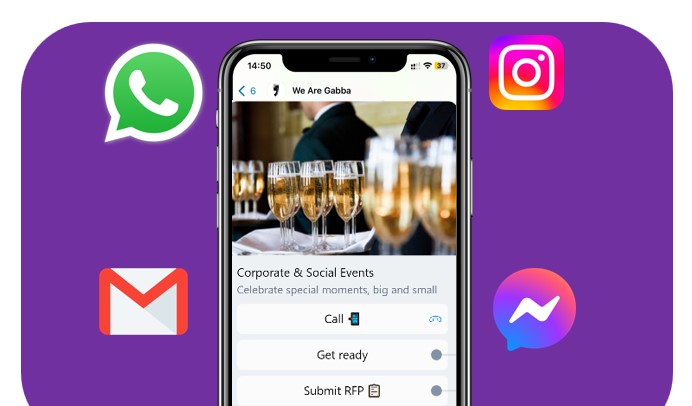
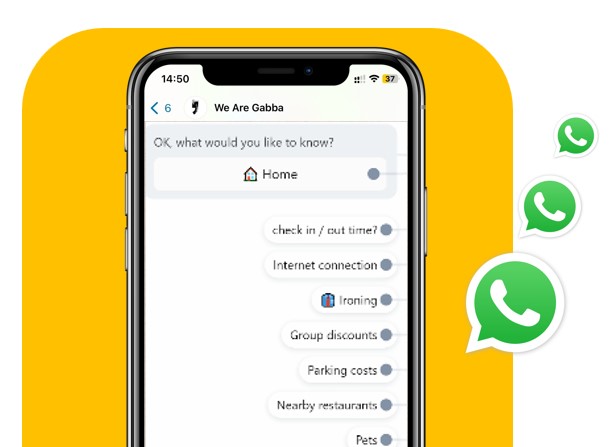
Boost Repeat Business & Engagement with Targeted Offers
Send personalized promotions, rewards, and exclusive deals to loyal guests through a chatbot that keeps them informed and coming back for more.

Follow Us
